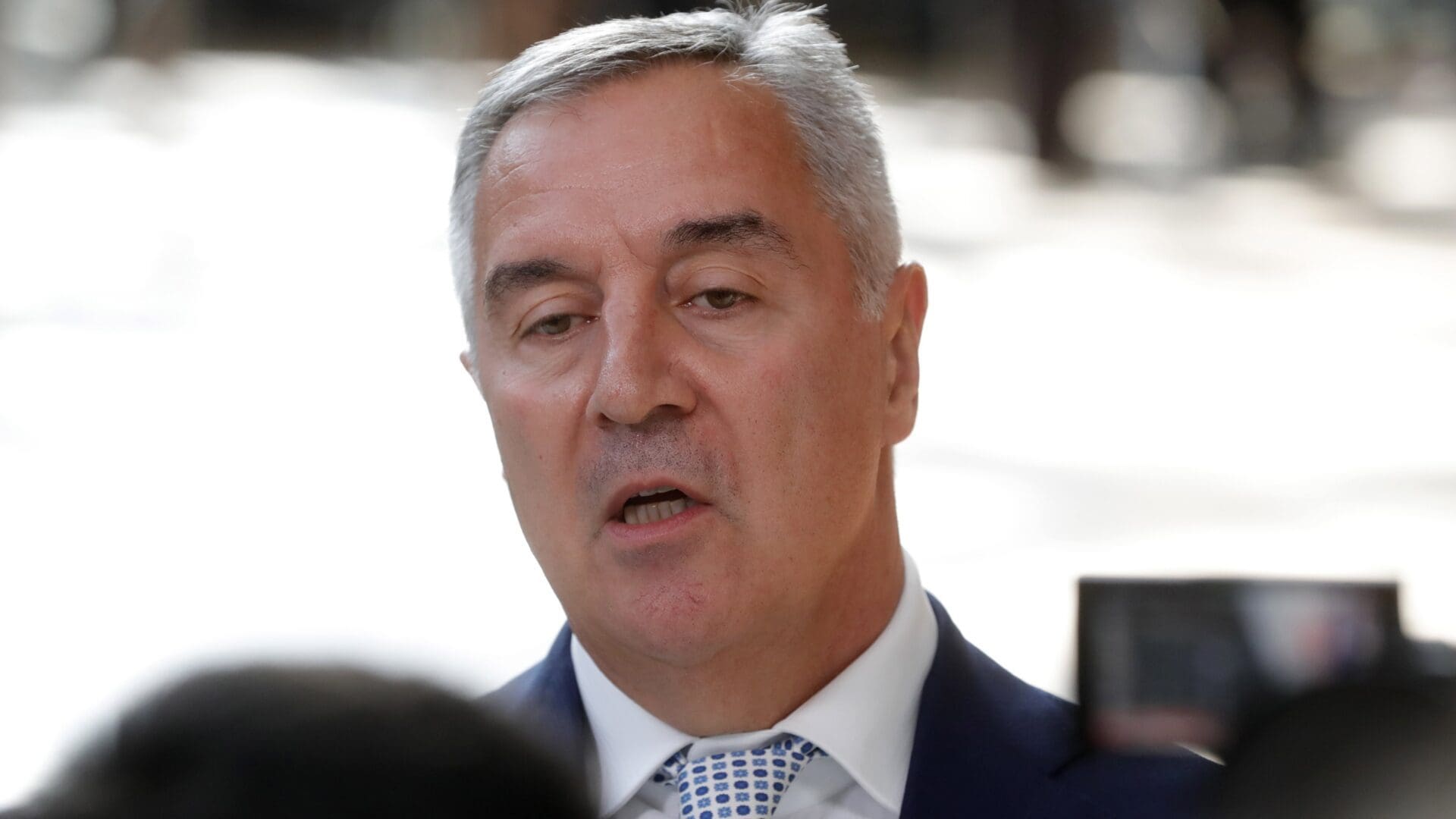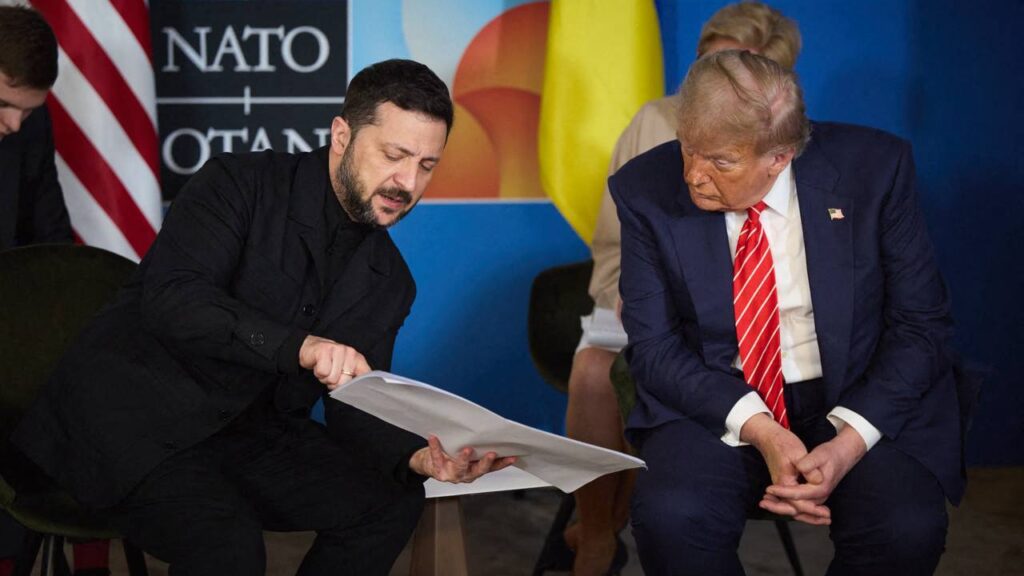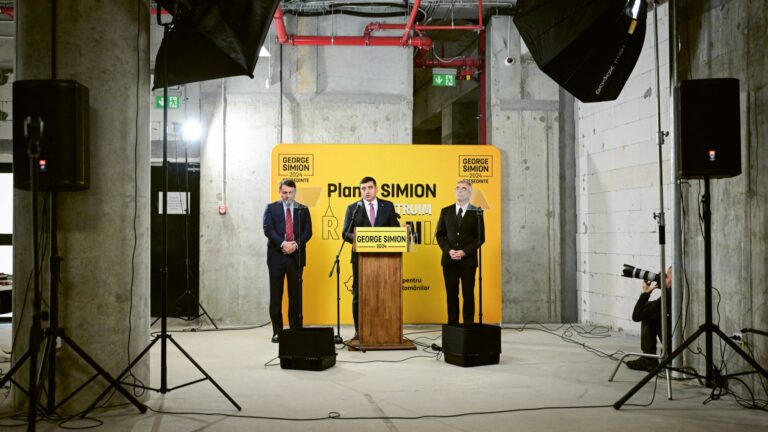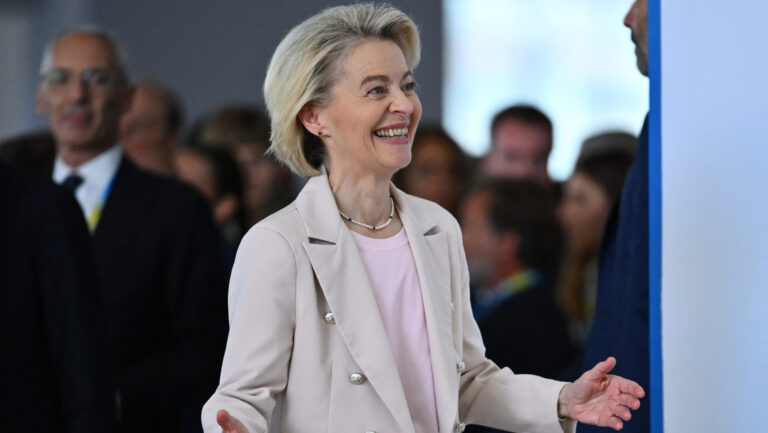On 9 March, speaking at the Budapest Balkans Forum, Hungarian Minister of Foreign Affairs and Trade Péter Szijjártó argued that the EU now is in suboptimal circumstances, which, to a large extent, is due to its slow accession policy. While as far as political statements go, the EU supports the accession of the Western Balkans states, but in reality, it keeps creating ever newer obstacles for the region to join the bloc. As a result, since the accession of Croatia in 2013, no new member states have been admitted to the EU. In his speech, Minister Szijjártó opined that the EU needs the Western Balkans more now than the region needs the EU. For Hungary, on the other hand, the region is important from the perspective of its security, too, as without the participation of the Western Balkans, the problem of illegal immigration cannot be tackled. The minister argued that a fast-tracked accession process for the Western Balkans countries could be an appropriate answer to the war in Ukraine, too. Instead of letting the region fall prey to Russian influence, the West Balkans’ commitment to the EU could be sealed by their accession, Szijjártó declared.
The worries that Russia might increase its influence in the region if the EU does not speed up its accession process are well founded, as the controversies around the upcoming elections in Montenegro also demonstrate. Presidential elections will be held in the country on 19 March 2023. In the run-up to the elections, experts and newspapers are already warning of possible Russian interference as the incumbent President, Milo Đukanović faces competition from candidates including the right-wing and pro-Russian Andrija Mandić, leader of the Democratic Front. Gabriel Escobar, US deputy assistant secretary in charge of Western Balkans US foreign policy has also warned that the expectation is the Kremlin will use traditional disinformation strategies to influence election results.
The Russia Problem
As Montenegro is a NATO member state, Podgorica supported the sanctions against Russia, and the country has also expelled half a dozen Russian diplomats and has detained 30 Russian nationals temporarily residing in the country since the beginning of the invasion. In retaliation, Moscow barred all Montenegrin politicians from entering the Russian Federation.
The incumbent president’s Democratic Party of Socialists had been ruling Montenegro almost undisturbed for around thirty years until 2020, when it was ousted from government. The newly formed coalition—that has a troubled record with a prime minister who resigned after a successful no confidence vote in April 2022—is generally perceived to be pro-Belgrade, replacing the Democratic Party of Socialists’ pro-Western orientation. While incumbent president Milo Đukanović is generally considered to be pro-Western, he has also been criticised by Western democracies as an autocratic leader who has been in power for too long. One of his serious challengers is the pro-Russian and pro-Serbian Andrija Mandić, who is not viewed favourably by the West. The politician’s Serb connections are significant as even today Serbs constitute a large percentage of the Montenegrin population. While 44.8 per cent of the country’s population is Montenegrin, and 28.7 per cent identify as Serbs. 76 per cent of the country is Christian, of which 72.1 per cent are Eastern Orthodox, with some of the Orthodox believers maintaining close ties with the Serbian Orthodox church.
The recent Budapest Balkans Forum was not the first time when Hungary argued for the EU accession of the Western Balkans (including Montenegro). The bloc’s enlargement has been a foreign policy goal of the Hungarian government for a long time. In November Hungarian Minister of Foreign Affairs and Trade Péter Szijjártó again urged the EU to speed up the accession of these countries to ensure the security of the Union.
´The extremely slow enlargement process weakens the EU further, which is very problematic amid various security crises,´
Szijjártó said. Montenegro applied for EU membership in 2008 and it received candidate status in 2010 but since then the negotiations are in stalemate.
Most recently, the negotiations with the EU were stalled as the Montenegrin political elite could not agree on the composition of the country’s Constitutional Court. As a result, four seats of the seven-seat Constitutional Court were vacant form September until late February 2023. The EU warned that until the institutions ensuring the rule of law are not properly functioning in the country, accession talks cannot proceed. In late February, however, the Montenegrin Parliament finally agreed on three out of four candidates. But soon after the agreement was reached, a blast shook the city of Podgorica as a person detonated a bomb in a courthouse. The perpetrator died in the incident that injured five others. The police are still investigating the motives of the bomber which are not necessarily linked to the election or EU accession.
But it is not only the prospect EU accession that has upset Moscow. Montenegro joined NATO in 2017, despite the Kremlin’s open disapproval. In the run-up to the country becoming a member of the North Atlantic Alliance, Moscow was allegedly involved in an attempt to overthrow the Podgorica government. The attempted coup happened in 2016 on the day of the general elections, with the obvious aim of undermining the constitutional order in the country. While in 2019 multiple people were found guilty of the coup, in 2021 a higher court annulled all the sentences that had been passed. In the coup attempt Andrija Mandić, who, as noted above, is one of the current presidential candidates, was also implicated, and was sentenced to five years in prison, but his sentence was also nullified in February 2021.








